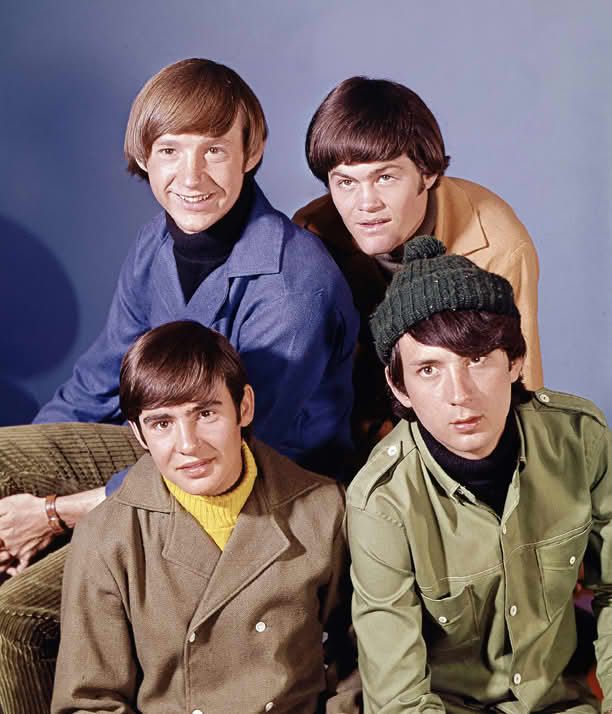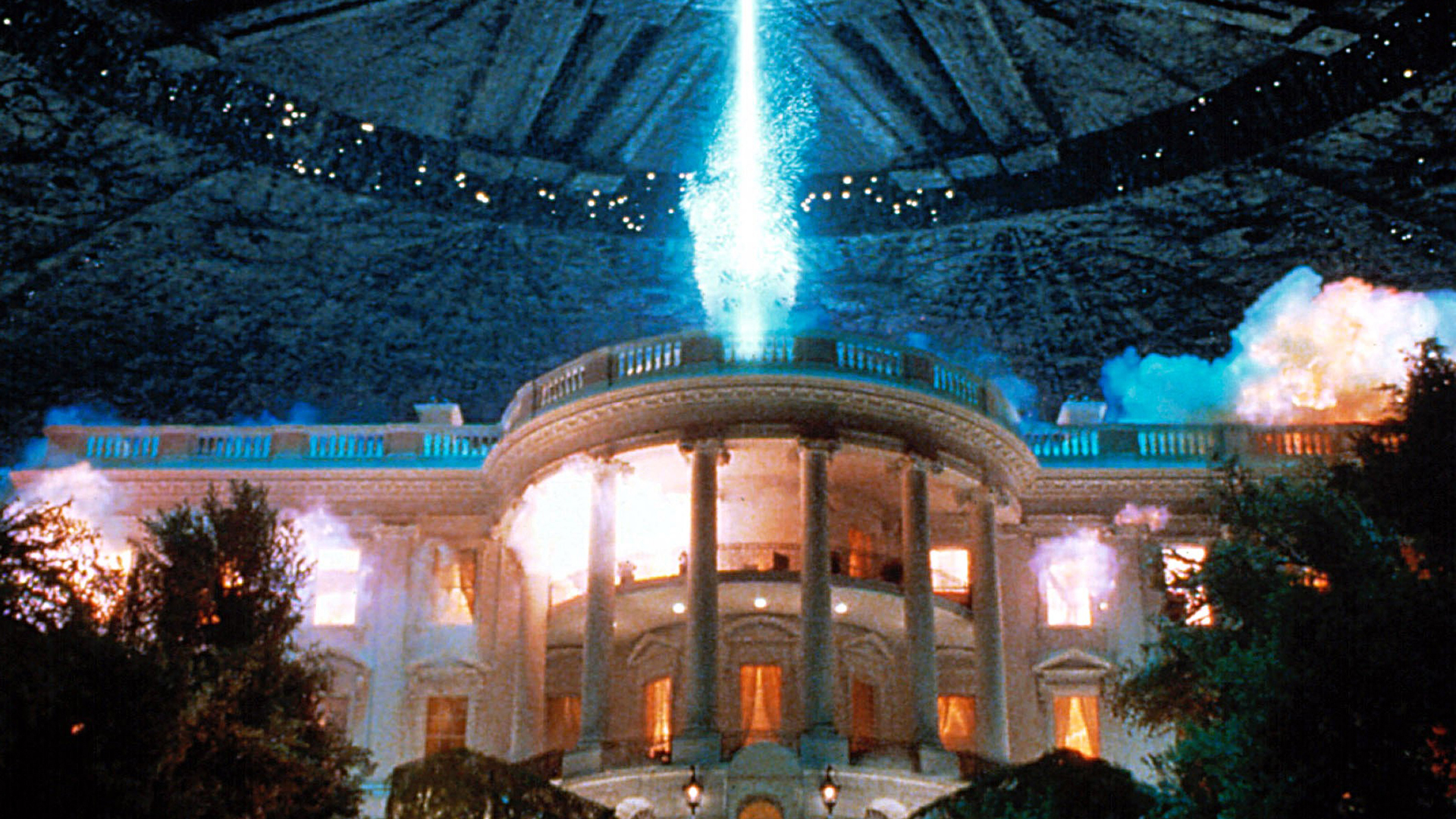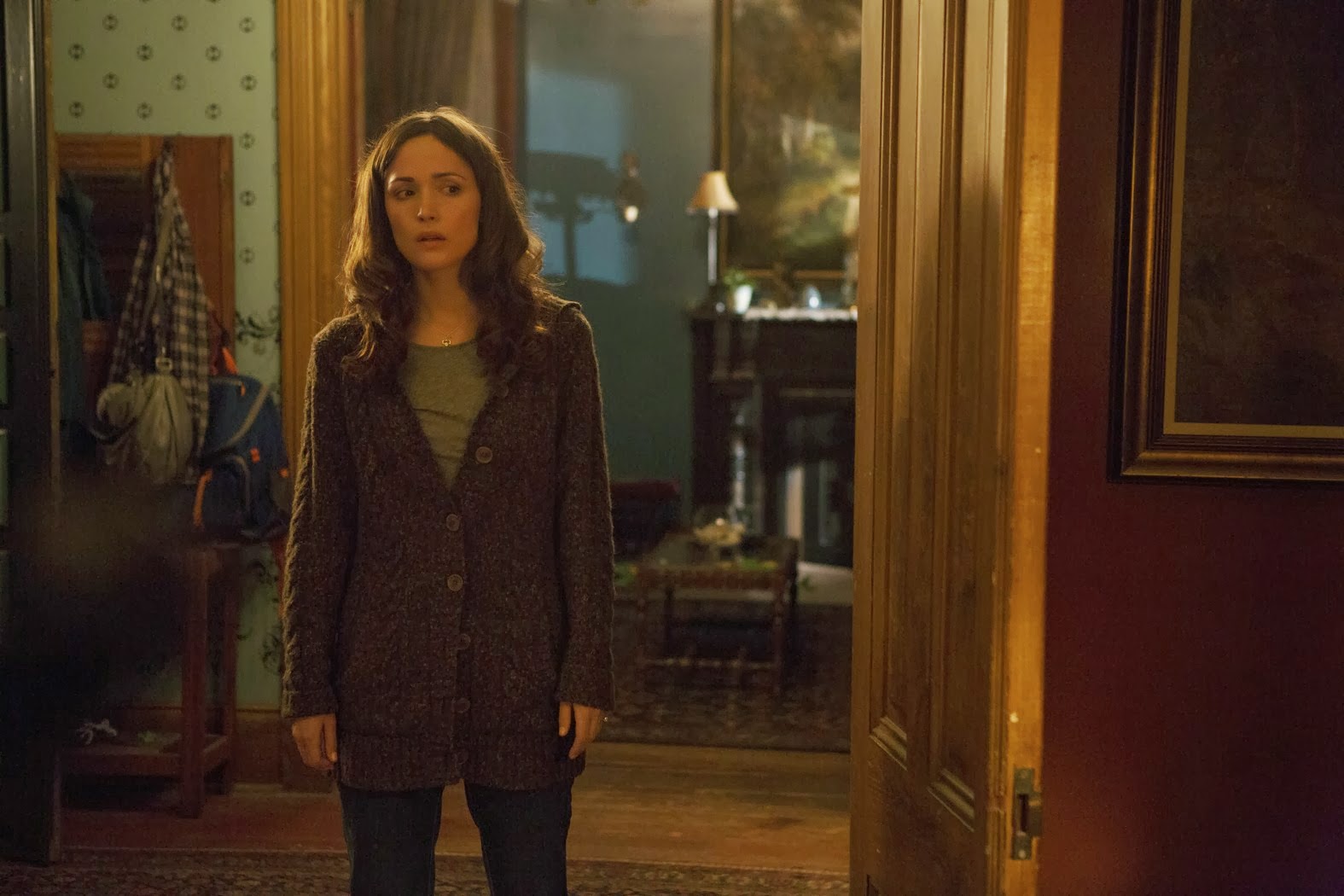
In the dazzling realm of Hollywood, where dreams are crafted and legends are created, a single role can serve as a double-edged sword. While some performances propel actors to unimaginable pinnacles of stardom, others, ironically, can result in unforeseen professional setbacks, sometimes irreversibly changing the trajectory of a promising career. It stands as a testament to the unpredictable nature of the entertainment industry that even the most talented and highly acclaimed individuals are not impervious to these dramatic downturns.
We frequently celebrate the triumphs, the Oscar-winning depictions, and the box-office blockbusters that solidify an actor’s legacy. However, beneath the glamour lies a captivating, albeit sometimes agonizing, narrative of roles that, for a variety of reasons – be it critical condemnation, commercial failure, or simply being a jarring miscast – have become notorious turning points. These are the parts that, despite the best of intentions, have etched themselves into public memory not for their brilliance, but for the indelible impact they had on their stars’ professional lives.
Join us as we lift the veil on some of Hollywood’s most arduous acting journeys, delving into 15 specific cases where a single film, a particular character, or an ill-fated creative decision brought about profound and enduring consequences for the actors involved. From celebrated veterans encountering unprecedented backlash to rising stars whose momentum was abruptly halted, these stories unveil the precarious tightrope act of a life lived in the spotlight.
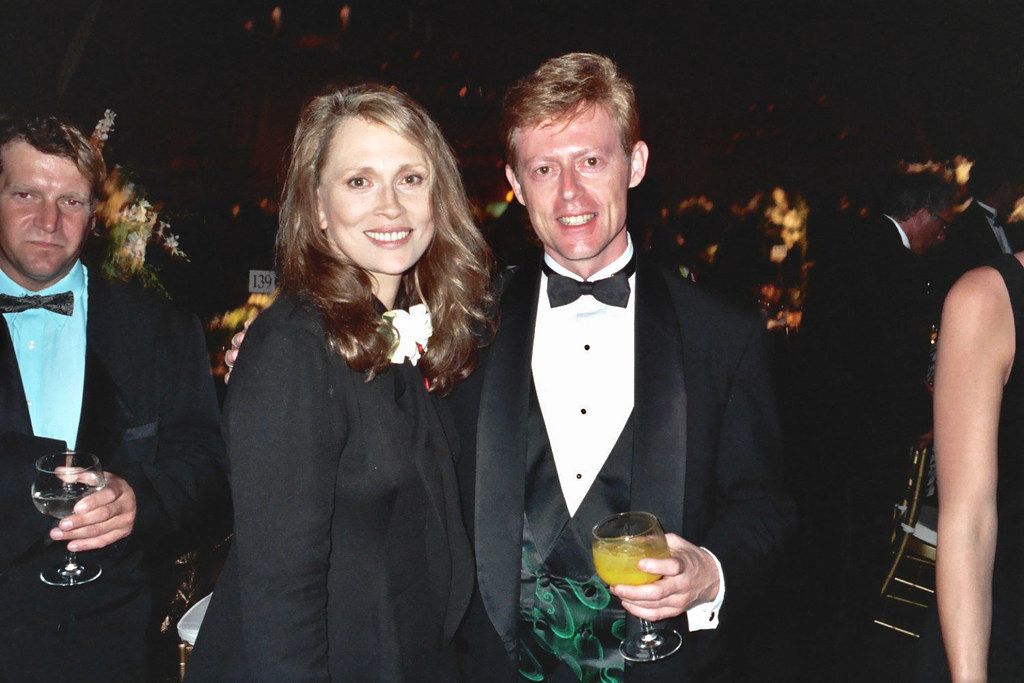
1. **Faye Dunaway in Mommie Dearest**: Released in 1981, the Joan Crawford biopic Mommie Dearest, starring Faye Dunaway and adapted from a harrowing bestseller by Crawford’s daughter Christina, cast the star in a less than flattering light. Specifically, it depicted Crawford as an unhinged tyrant prone to dominating her daughter as well as the ambiance of every room she occupied. This depiction, particularly the exaggerated emotional display, was attributed more to Dunaway’s performance, and it promptly dealt a devastating blow to her leading – lady roles.
Dunaway received the most scathing reviews of her career for this film, along with a Worst Actress Razzie, a stark indicator of the critical reception. The film’s impact was so profound that Dunaway was profoundly embarrassed by it and rarely spoke about it again for years. In rare comments made in 2016, she reflected on the experience, stating that the film “turned my career in a direction where people would irretrievably have the wrong impression of me.”
She further elaborated on the lasting damage, adding, “That’s an extremely difficult thing to overcome. I should have known better, but sometimes you are vulnerable and you do not realize what you are getting into.” Mommie Dearest became synonymous with career derailment for Dunaway, a stark reminder of how a single, intensely criticized role can reshape an actor’s public image and professional trajectory.
Read more about: 15 Must-Watch Sci-Fi Films: From AI Takeovers to Space Odysseys
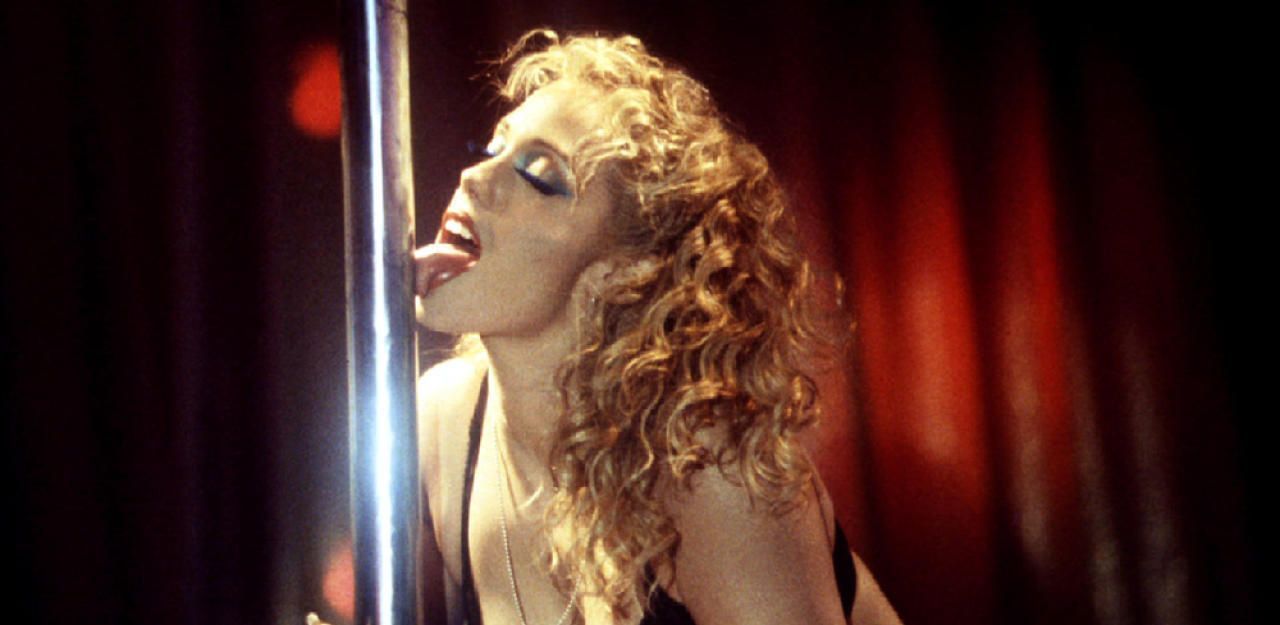
2. **Elizabeth Berkley in Showgirls**: Expectations soared for the 1995 release of Showgirls, a film that notably marked a reunion between the director of Basic Instinct, Paul Verhoeven, and the screenwriter, Joe Eszterhas. Many in the industry and the public alike anticipated that the film’s star, Elizabeth Berkley, formerly known for her role in Saved by the Bell, would be propelled into Hollywood superstardom, much as Sharon Stone had been after Basic Instinct. The buzz was undeniable, setting the stage for what many believed would be a transformative moment in her career.
However, reality struck hard once audiences and critics actually saw Showgirls. The film’s dismal initial response practically destroyed Berkley’s fledgling movie career overnight, a devastating blow for the aspiring actress. Despite the fact that the film’s reputation has (rightly!) turned around in the decades since, along with growing appreciation for Berkley’s broad and undeniably mesmerizing performance, the immediate fallout was immense.
Berkley herself spoke candidly in 2020 about the experience, revealing the harshness she faced: “There was so much cruelty surrounding it. I was bullied, and I did not understand why I was being blamed.” She emphasized her professional approach, stating, “The job of an actor is to fulfill the vision of the director, and I did everything I was supposed to do.” The lack of support was particularly painful, as she added, “No one associated with the film spoke up on my behalf to protect me. I was left out in the cold and became a pariah in the industry for which I had worked so hard.”
Read more about: Stars Confess Discomfort and Regret Over Explicit Film Scenes
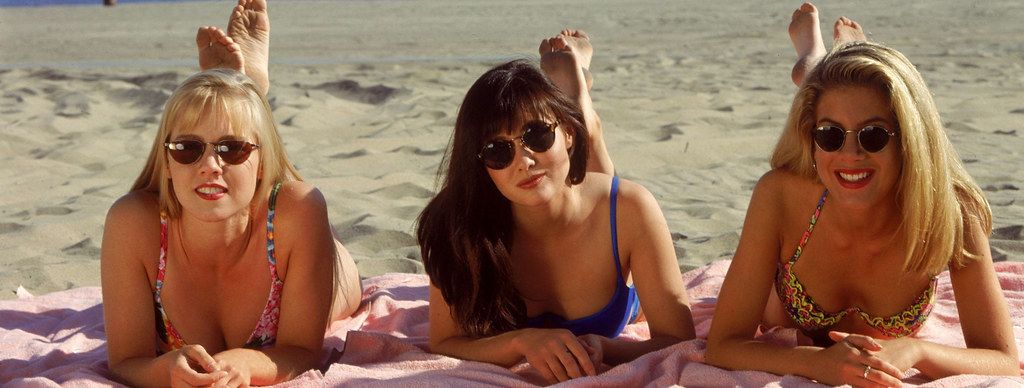
3. **Shannen Doherty in Mallrats**: Shannen Doherty, a prominent figure in 1990s teen soaps, specifically Beverly Hills 90210, harbored substantial aspirations for a movie career after her departure from the show in 1994. Prior to her television stint, she had already demonstrated her talent in several hit movies, including the 1988 teen classic Heathers, indicating her potential for big-screen success. Her choice of project, Kevin Smith’s slacker comedy Mallrats, alongside then-unknowns such as Ben Affleck and Jason Lee, was intended to cement her transition.
Unfortunately, Mallrats turned out to be a box-office flop, a significant setback for everyone involved. As the biggest name in the cast at the time, Doherty found herself disproportionately bearing the blame for the film’s commercial failure. This became a heavy burden for her burgeoning film career, directly affecting her future opportunities in the industry.
In a candid reflection in 2024, Doherty articulated the devastating impact of the film’s performance on her aspirations: “It failed, and so did my film career.” She further explained the unfair burden placed upon her, stating, “People literally believed that I was responsible for carrying the movie, so [because] it was a box-office failure, the entire responsibility fell on me.” The outcome was stark and immediate: “There was no film career for me after that, which was rather brutal.”
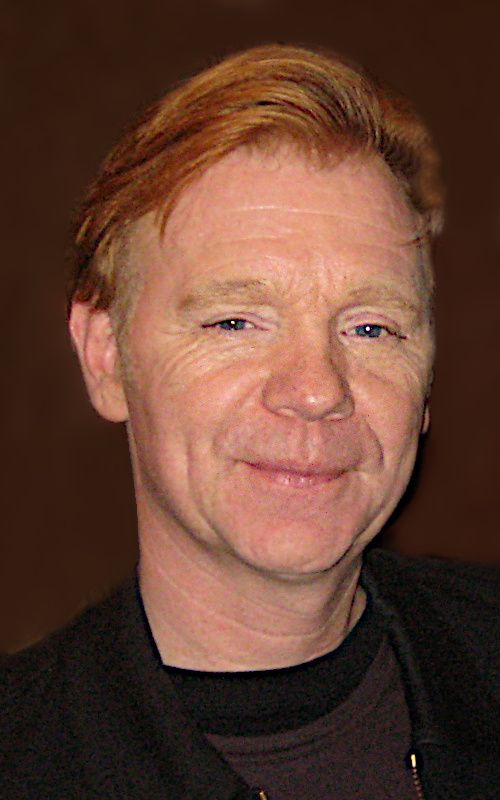
4. **David Caruso in Jade**: At one point, David Caruso, now widely recognized for his signature sunglasses maneuvers in the long – running CSI: Miami, was on the cusp of becoming a legitimate movie star. His career trajectory shifted dramatically after a high – profile dispute over pay with the producers of the cop drama NYPD Blue, which led him to leave the show in 1994 amid a blaze of negative publicity. With his sights firmly set on film stardom, he quickly embarked on a new chapter, believing that the big screen was his true calling.
However, his two star vehicles released in 1995, the cop actioner Kiss of Death and the erotic thriller Jade, regrettably failed spectacularly. Jade, in particular, was an expensive disaster, for which Caruso was paid a substantial salary of $2 million. This kind of commercial failure is notoriously difficult for any actor to recover from, especially for one who had already gained a reputation for burning bridges within Hollywood. The impact was immediate and profound for Caruso.
He vividly described the aftermath in 1997, recalling, “When Jade was released and grossed $4 million at the box office, the town went silent.” The silence was deafening, signaling a swift end to his cinematic ambitions. He added, “I could have taken my telephone and my answering machine and thrown them both into the dumpster.” The severity of the flop left him with little choice, and that same year, he “slunk back to TV,” a stark retreat from his grand movie – star aspirations.
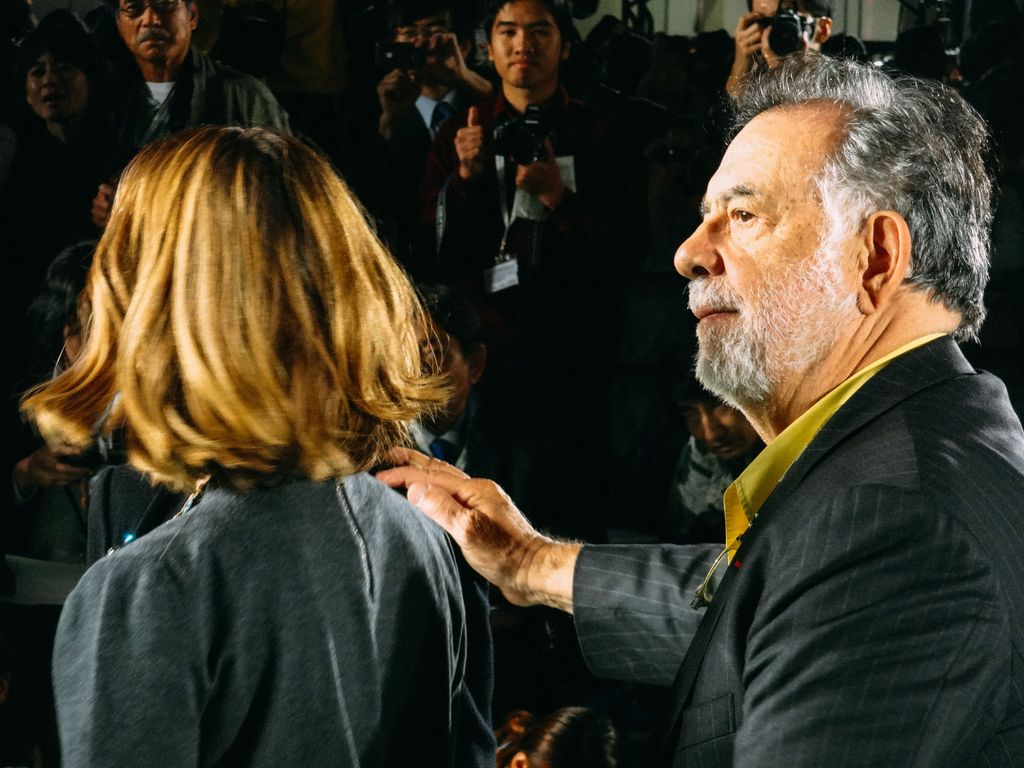
5. **Sofia Coppola in The Godfather: Part III**: Sofia Coppola’s acting career encountered an undeniable challenge with her role in The Godfather: Part III, though it is worth noting that few individuals are actively expressing complaints about its impact on her acting, least of all Coppola herself. Acting was never her true passion, and her involvement in the film was largely the result of a last – minute decision made by her father, Francis Ford Coppola, due to the unavailability of several other actors. She was cast as Mary Corleone, Michael Corleone’s doomed teenage daughter, a character whose fate contributed to the film’s tragic narrative.
Upon the film’s release on Christmas Day in 1990, Coppola’s performance was widely criticized by critics. One newspaper, for instance, described her as “hopelessly amateurish,” underscoring the public and critical disappointment. This intense scrutiny and negative feedback, especially regarding such a high – profile project, constituted a difficult experience for her, particularly given her limited acting background.
Despite the harsh reception, Coppola maintained a remarkably pragmatic viewpoint. In 2020, she stated, “It was embarrassing to be exposed to the public in such a manner. But it was not my dream to be an actress, so I was not crushed. I had other interests. It did not destroy me.” Indeed, Coppola only acted twice more—once in an indie film titled Inside Monkey Zetterland and again, sans dialogue, in a not – so – indie film, Star Wars Episode I – The Phantom Menace. Her true calling lay elsewhere, as she famously transitioned to become one of Hollywood’s most celebrated female directors, directing acclaimed films such as The Virgin Suicides, Lost in Translation, and Marie Antoinette, ultimately finding a happy and successful path behind the camera. This particular role, while a noted miscasting, ironically paved the way for her true passion to thrive.
Read more about: 17 Cinematic Disasters: Movies That Should Never Have Been Made
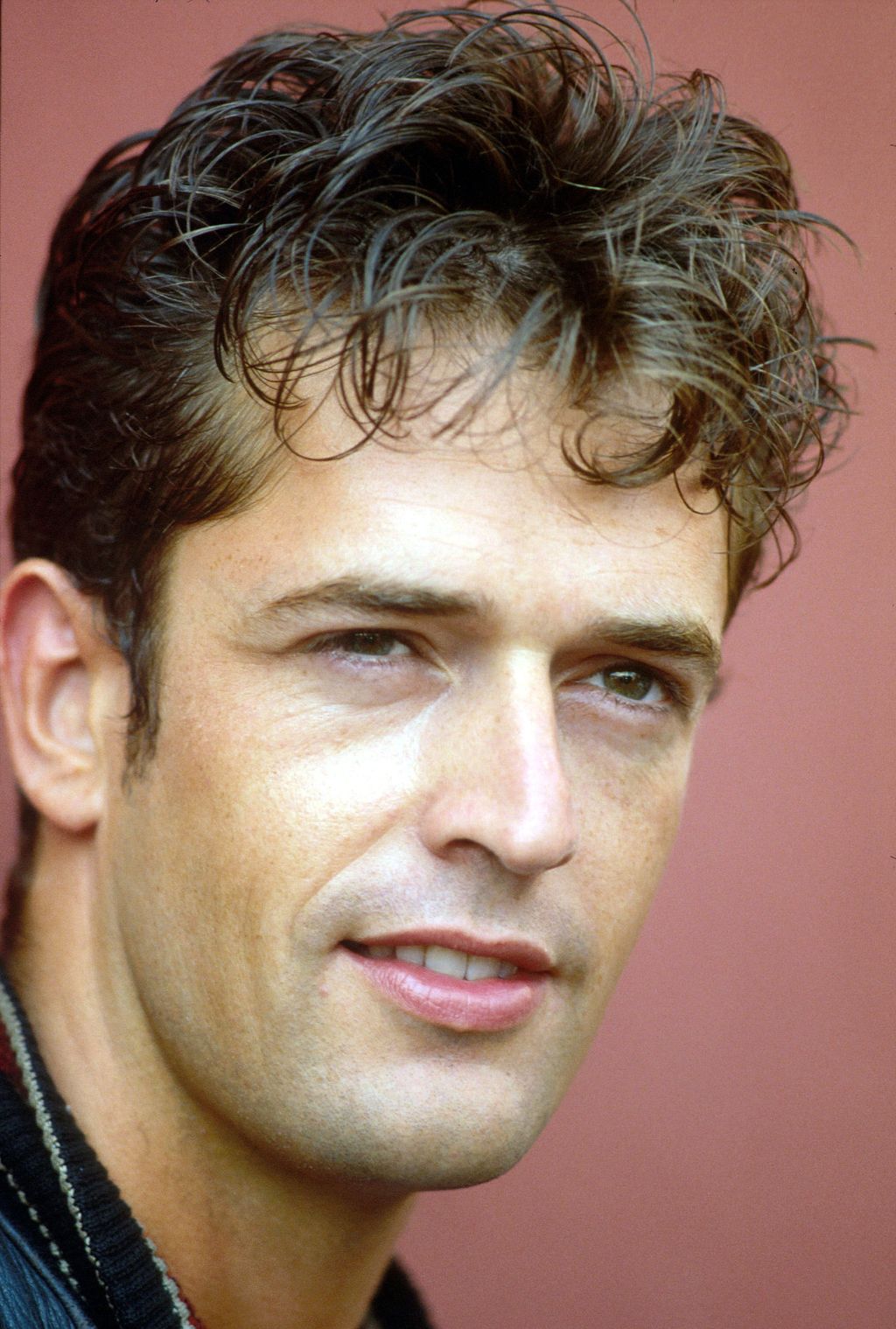
6. **Rupert Everett in The Next Best Thing**: For a certain period, Rupert Everett stood out as a genuine anomaly in Hollywood: an openly gay actor in whom the industry appeared genuinely eager to invest. His charm and talent had garnered him substantial attention, making him a distinctive figure positioned for mainstream success. However, his career trajectory took an unexpected and detrimental turn with the release of the 2000 film The Next Best Thing, a romantic comedy that proved to be catastrophic for his career. The film centered on a gay man and his female best friend, played by Madonna, who was unsurprisingly miscast, deciding to have a baby together.
The film was not only a critical and commercial failure but also had far – reaching professional repercussions for Everett. He described the impact with remarkable candor in 2017, comparing career collapse to real death: “One moment, you’re rushing through the corridors of power, and everyone is saying: ‘That’s a fabulous idea.’ The next moment, you’re still rushing around but you’re like the Canterville Ghost: everyone is walking right through you, and you’ve died, yet you didn’t realize it.” This vivid analogy underscores the sudden and isolating nature of his career decline.
The Next Best Thing notoriously succeeded in derailing both Madonna’s acting career and Everett’s mainstream, name – above – the – title Hollywood career in one swift, devastating blow. Everett, reflecting on the immediate and striking effects, wrote in his must – read 2004 memoir Red Carpets and Other Banana Skins that the film “destroyed my new career and turned my pubic hair white overnight,” a testament to the profound and rapid impact the film had on his professional life.
Read more about: Surprising Box Office Gold: 15 Ultra Profitable Movies From The 1990s
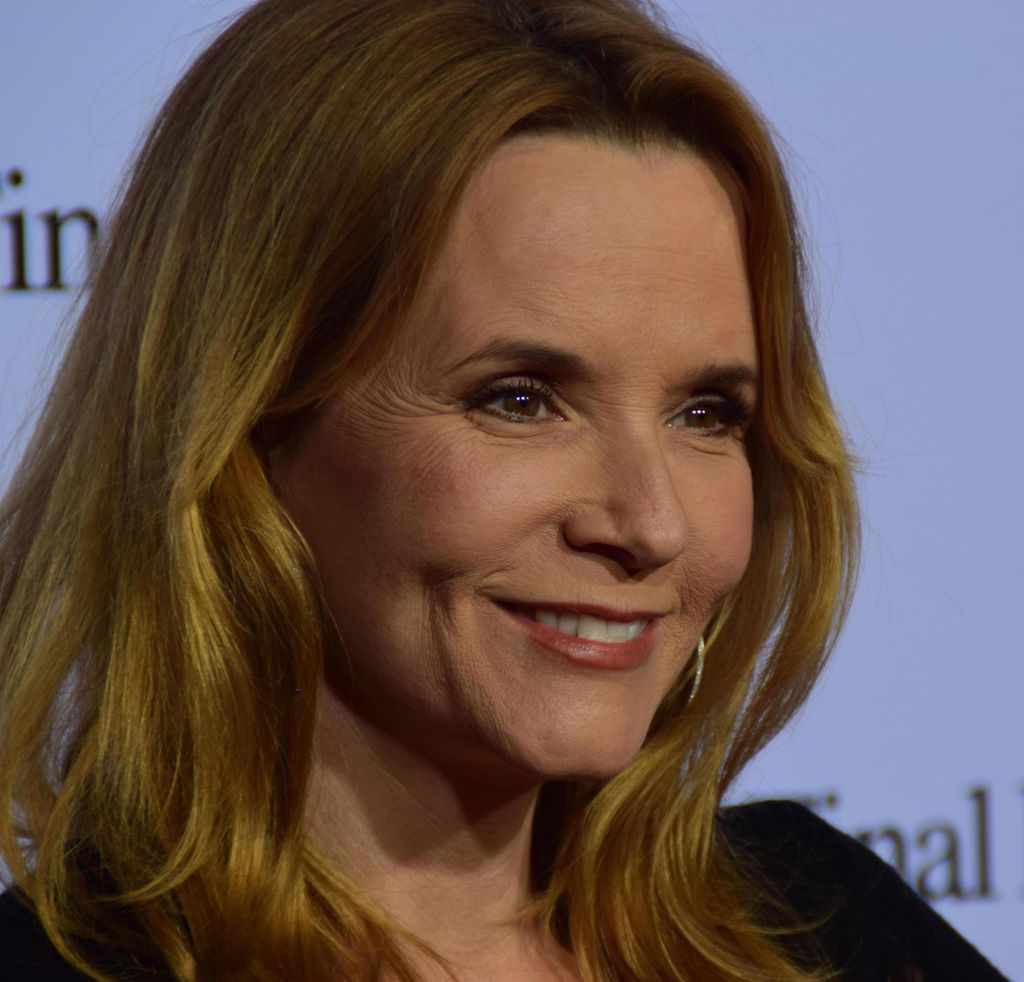
7. **Lea Thompson in Howard the Duck**: With all due respect to Lea Thompson, who is renowned for her role in the beloved Back to the Future, it remains somewhat perplexing why she consented to star in Howard the Duck, a science – fiction movie released in 1986, in which her character seemingly has sexual relations with an anthropomorphic extraterrestrial duck. Adding to the oddity, this was notably presented as a superhero movie aimed at children, a tonal and conceptual decision that contributed to its infamous reputation.
Howard the Duck swiftly cemented its place as one of the most notorious disasters in the cinema of the 1980s. While the film has acquired some cult notoriety in later years, Thompson herself later indicated that its initial reception had undeniable professional repercussions. Despite her appreciation for its later status, the immediate impact on her career was substantial and challenging to manage.
In 2022, Thompson openly discussed the dichotomy of her experiences during that period, stating, “Within a year, I was involved in the biggest hit [ Back to the Future ] and the biggest flop.” This stark contrast, she explained, likely ruined her burgeoning film career. She acknowledged that although she did go on to make some good films afterward, the struggle was arduous: “Even though I made some good films after that, it was extremely difficult.” Howard the Duck serves as a peculiar example of how a single, widely criticized film can overshadow even significant achievements in an actor’s résumé.
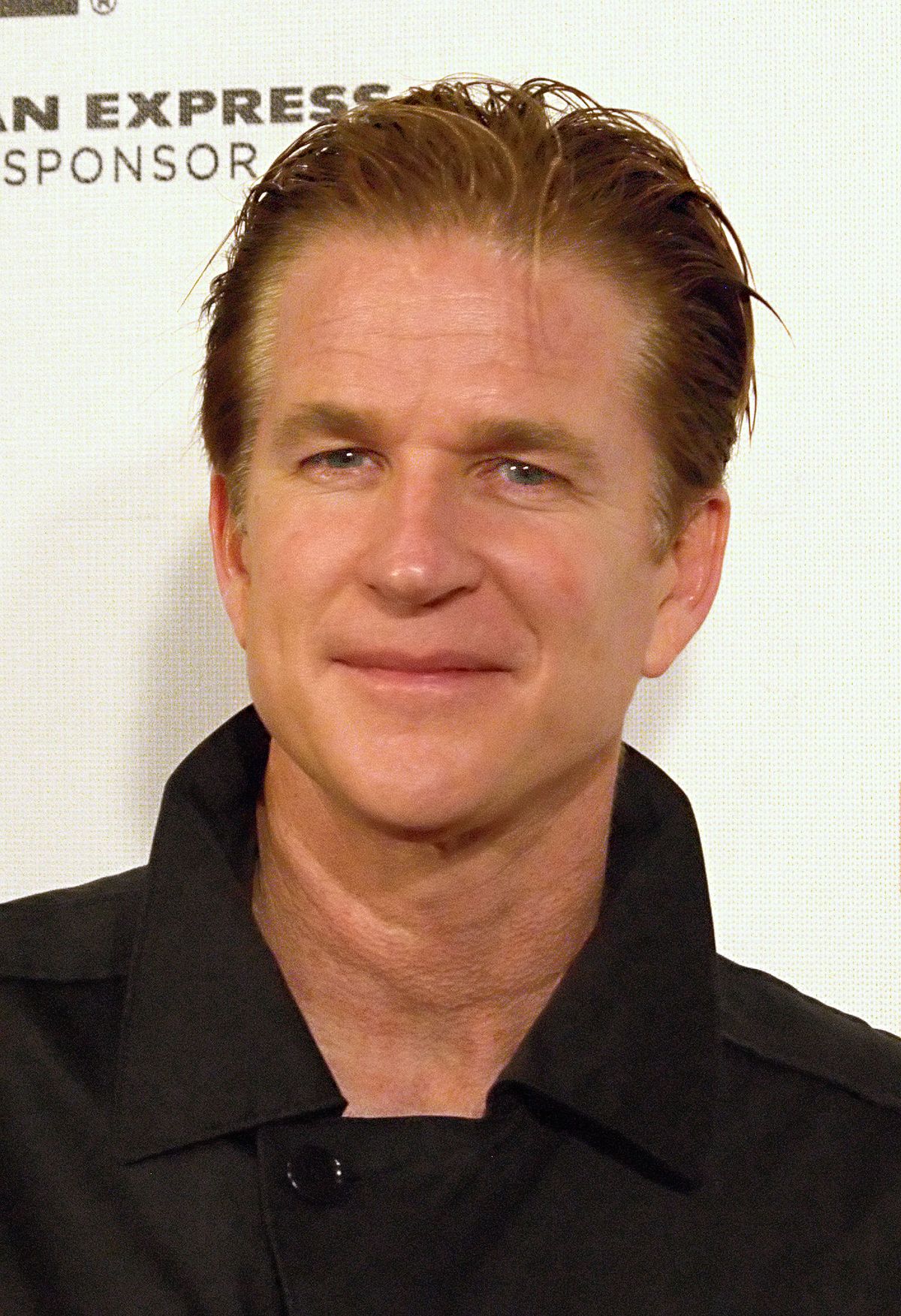
8. **Matthew Modine in Cutthroat Island**: Cutthroat Island, released in 1995, occupies a distinct position in Hollywood history as one of its most significant financial failures, a production so disastrous that it contributed to the curtailment of Geena Davis’s career as a leading lady and temporarily disrupted the career of director Renny Harlin. However, the film’s most substantial negative impact was arguably experienced by its star, Matthew Modine, who had seemingly been on a well – defined path to leading – man stardom before this pirate epic spectacularly flopped. The film, burdened with high expectations and a substantial budget, instead became a cautionary tale of misguided cinematic ambition.
Modine vividly recounted the distressing aftermath of the film’s release in 2016, specifically on the morning of its press junket. He made the ill – advised decision to read a review of the film, which was characterized as “horrible!” His frantic search for a positive review proved futile, as he encountered “one after another that was horrible, horrible, horrible.” This overwhelming tide of negative criticism created a profoundly isolating experience for him, transforming what should have been a promotional event into a humiliating ordeal.
He described his sense of public humiliation, stating, “And I went downstairs to have breakfast, and I felt as if everyone in the café was looking at me, thinking, ‘Oh my God! The walking dead,’ you know?” The emotional toll was evident as he added, “It is truly painful to be criticized so harshly. And I think, in some ways, it somewhat damaged my career.” While Modine has continued to work consistently, appearing in notable projects such as The Dark Knight Rises and Oppenheimer, he has not headlined a major studio movie since Cutthroat Island, a clear indication of the enduring repercussions of that infamous role.
Having examined the initial set of roles that unexpectedly altered actors’ destinies, we continue our in – depth exploration of more iconic performances that, contrary to all expectations, profoundly influenced actors’ career paths. These stories further shed light on the complex interplay between ambition, critical reception, and the fickle nature of the entertainment industry, revealing long – term consequences and offering invaluable lessons for those who aspire to grace the silver screen.
Read more about: Hollywood’s Biggest Bombs: 18 Films That Bankrupted Studios
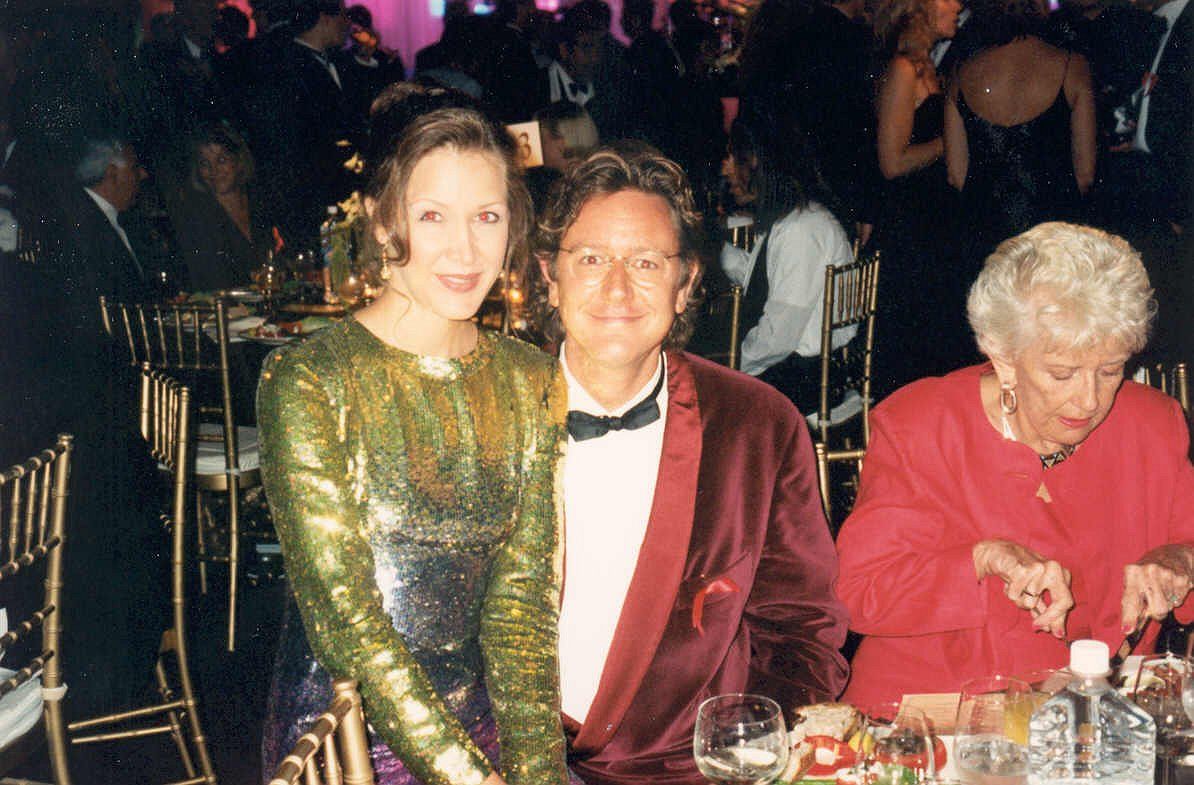
9. **Judge Reinhold in Vice Versa**: An eighties icon, Judge Reinhold appeared destined to become one of Hollywood’s most prominent comedy stars, particularly after securing significant supporting roles in box – office successes such as ‘Beverly Hills Cop’ and ‘Ruthless People’. However, his career trajectory took a sharp and regrettable downturn as his subsequent series of star – vehicles consistently failed at the box office. The critical and commercial low point arrived with 1988’s ‘Vice Versa’, a body – swap comedy in which his character famously swapped bodies with his 11 – year – old son.
Reinhold candidly reflected on the profound impact of this film, stating in 1992, “That truly marked the end of my illustrious Hollywood career.” The immediate aftermath was stark and undeniable: “That was when the phone ceased to ring.” Wounded by this sudden silence, he made the crucial decision to leave Los Angeles and relocate to a small town in New Mexico, a move that thrust him into a period of introspection and self – assessment.
This challenging period also compelled Reinhold to confront and assume responsibility for his past behaviors on film sets, a painful yet ultimately transformative experience. Surprisingly, he even expressed a certain degree of gratitude for his career downturn, admitting, “Had Vice Versa been a success, I might not have addressed any of these issues, and I’m not certain where I would be now.” Despite its detrimental impact, this particular role unexpectedly became a catalyst for personal growth and a re – evaluation of his priorities.
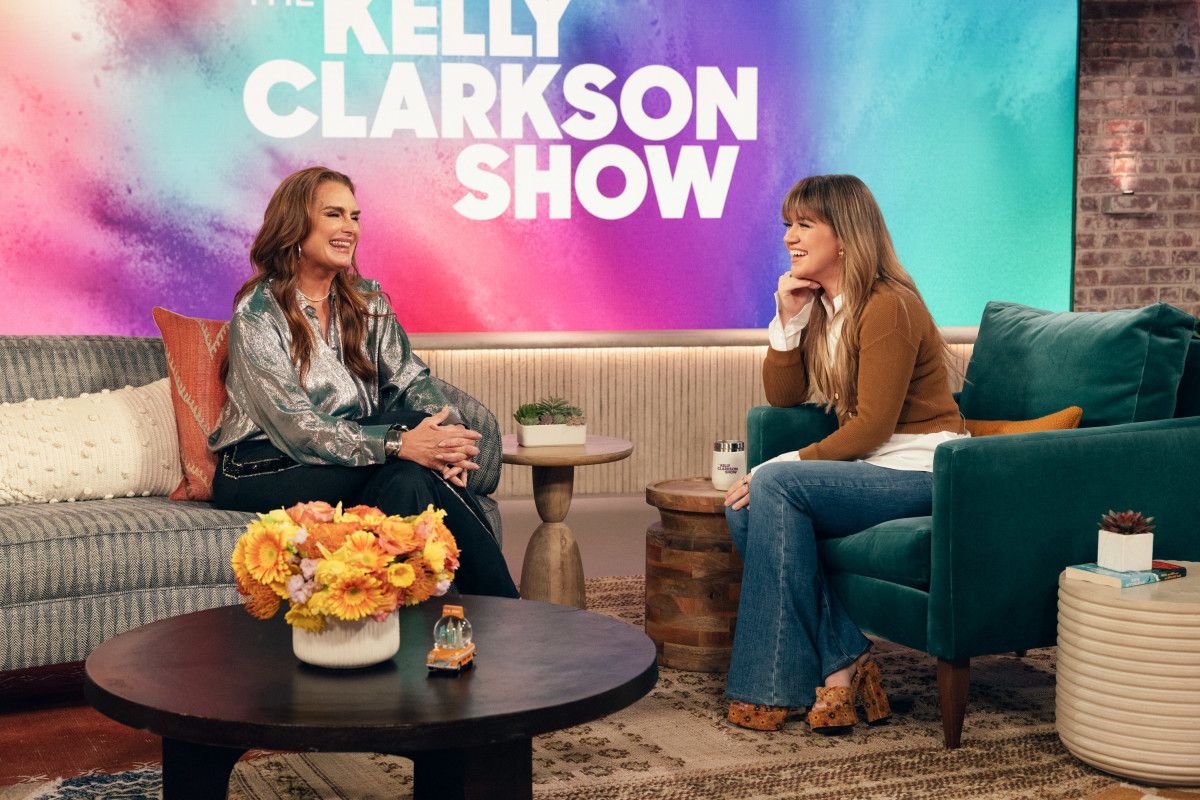
10. **Kelly Clarkson in From Justin to Kelly**: For Kelly Clarkson, the inaugural winner of ‘American Idol’ who subsequently attained global superstardom, an unusual contractual obligation mandated her appearance in a musical romantic comedy film. This resulted in her starring alongside the show’s runner-up in ‘From Justin to Kelly’, a 2003 debacle that, notably, remains her sole major live – action acting role. Despite her immense musical talent, this cinematic endeavor turned out to be a significant, albeit enforced, misstep.
Clarkson candidly characterized this period of her life as “a very miserable time.” She elucidated that while she could endure the film being “silly and cute,” which she considered “not embarrassing at all,” her real distress arose from being compelled to undertake a project that was fundamentally at odds with her passion. She entreated to be released from her film contract, but her appeals were, unfortunately, in vain.
In a masterstroke that she attributes to saving her career, Clarkson succeeded in persuading her team to release her first single, “Miss Independent,” prior to the film’s theatrical release. “I believe that literally saved my career,” she asserted, adding, “The fact that [‘Miss Independent’] was a success, I think that overshadowed what the movie was.” While she has since provided her voice for animated films, ‘From Justin to Kelly’ remains a stark reminder that even chart – topping success cannot always nullify unfortunate contractual obligations.
Read more about: The Worst Movies Ever? 15 Films So Bad They’re Painful to Watch
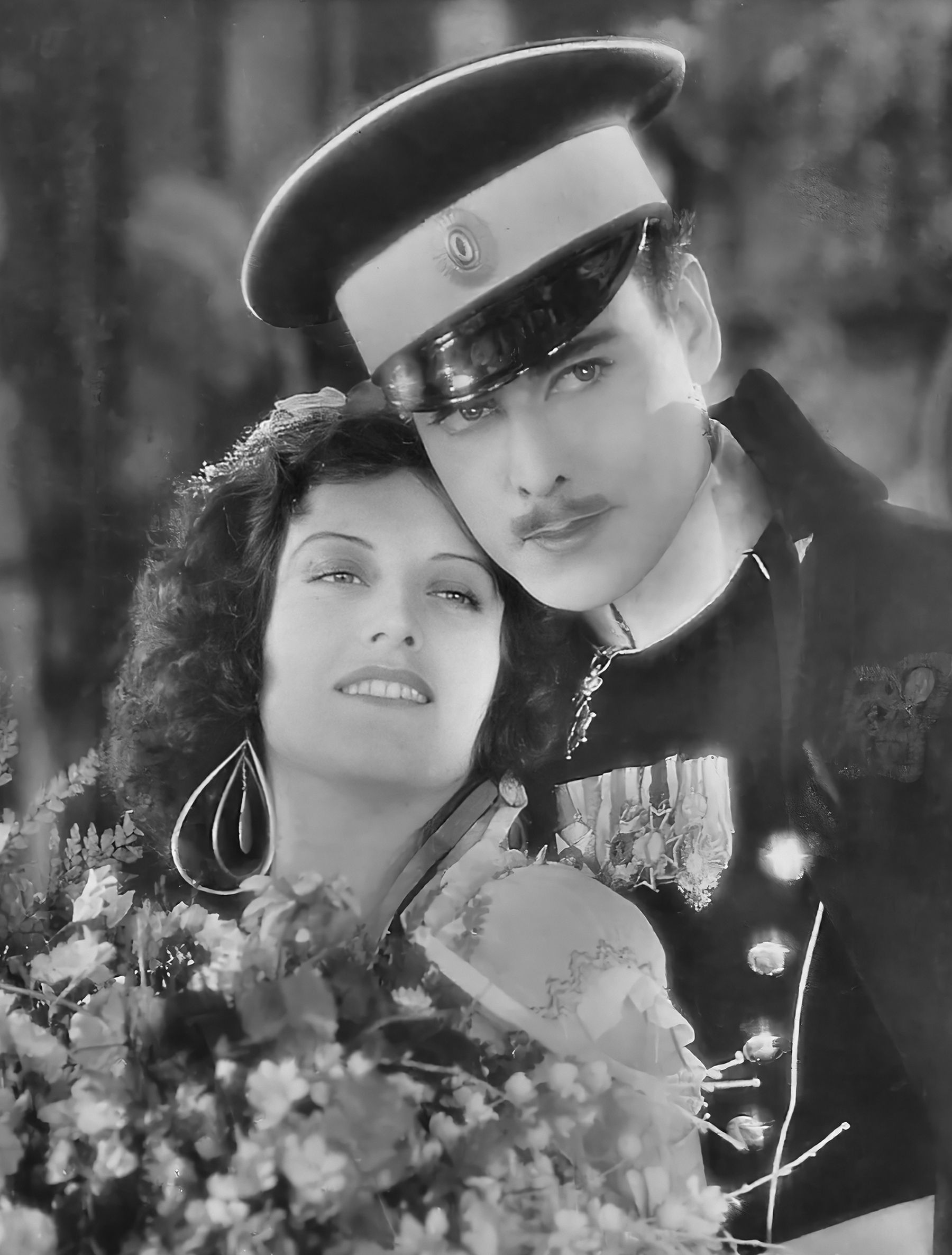
11. **John Gilbert in His Glorious Night**: John Gilbert, a silent – movie superstar celebrated for his dashing appearance and roles as a quiet romantic lead, witnessed his flourishing career undergo an irreversible transformation with the advent of sound in cinema. Speculation has long persisted regarding his first “talkie,” ‘His Glorious Night’, which was released in 1929. In this film, Gilbert portrayed a military officer who falls in love with a princess, a premise that, on paper, closely resembled the silent – era successes that had made him a box – office attraction.
However, the film’s release unveiled an unexpected and devastating fact: audiences were, as reported, disturbed by the actor’s “squeaky voice,” a characteristic that had previously been concealed by the nature of silent films. This perceived vocal shortcoming, whether genuine or exaggerated, became a significant obstacle to his transition into talkies. Gilbert’s family has consistently refuted this account, asserting that his career was, in fact, undermined by the powerful studio boss Louis B. Mayer, who was reputed to have a personal aversion to the actor, and that his voice was perfectly adequate.
Regardless of the truthfulness of these assertions, Gilbert’s career witnessed an undeniable and swift decline following the release of ‘His Glorious Night’. Tragically, he passed away at the young age of 38 after a prolonged struggle with alcoholism, marking a poignant end to a once – illustrious career that had succumbed to the profound shift in the film industry and the harsh glare of public perception.
12. **The Monkees in Head**: The pop band The Monkees, frequently characterized as a manufactured counterpart to The Beatles, undertook a surreal cinematic venture in 1968 entitled ‘Head’, a film from which the band, as a collective entity, never fully recovered. Some members of the band even went as far as to propose that the movie was a premeditated scheme, orchestrated by their creator Bob Rafelson—who would subsequently direct critically acclaimed films such as ‘Five Easy Pieces’—specifically to bring about their downfall, underscoring the extent of their disillusionment.
‘Head’ itself was an intentionally crafted stream-of-consciousness film, structurally akin to the Spice Girls’ later Hollywood production, ‘Spice World’. In this film, the band members, portraying versions of themselves, rebel against their corporate masters in pursuit of creative freedom and artistic integrity. However, this highly unconventional and experimental approach turned out to be a colossal failure, tarnishing the band’s prospects both as musicians and as aspiring film stars simultaneously.
Band member Michael Nesmith made a vivid comparison, likening the movie to a “murder” of the band, a calculated act that severed their ties with their fan base. In 2012, he stated, “By the time Head was released, the Monkees had become a pariah.” The clarity of their professional decline was beyond doubt: “There was no ambiguity about this. We were on the downward trajectory from acceptance to rejection…and it was all over. Head was a swan song,” marking the conclusive end of their era of mainstream popularity.
Read more about: 15 Iconic and Enduring Cult Classic Films You Need to See
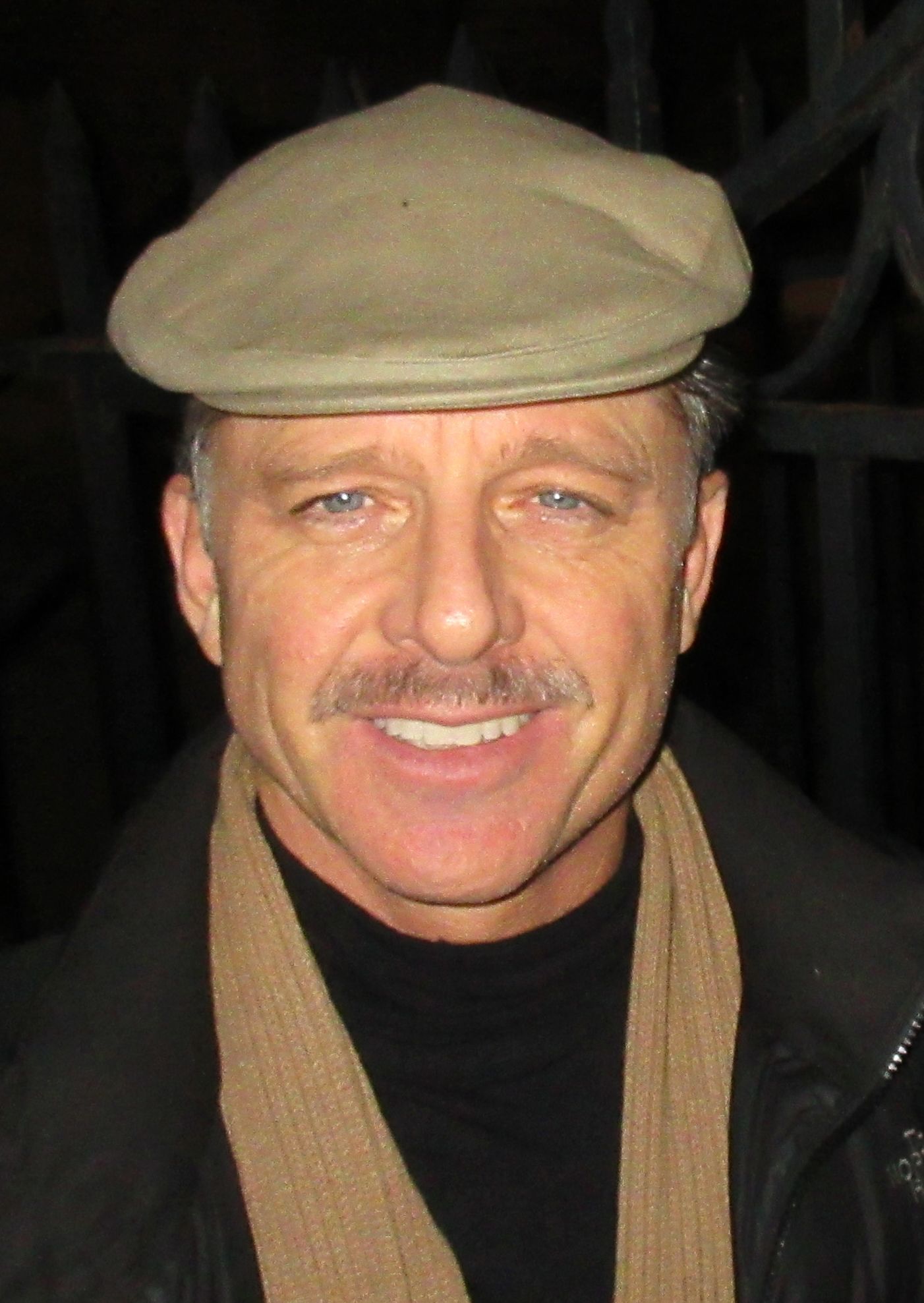
13. **Maxwell Caulfield in Grease 2**: It is truly remarkable how the widely criticized sequel to the beloved musical ‘Grease’ managed to become a mere footnote in Michelle Pfeiffer’s otherwise illustrious and enduring career. Her male co-star, Maxwell Caulfield, however, was not so fortunate, despite being positioned by the industry to achieve a professional ascent akin to John Travolta’s post-‘Grease’ (original version) success. The 1982 film proved to be a significant box-office failure, and its commercial collapse had an immediate and devastating impact on Caulfield’s major movie career, causing it to come to an abrupt halt.
Caulfield later disclosed the severe aftermath of the film’s poor reception, admitting in 2022, “I didn’t work for almost two years. I was completely out of the game in Hollywood.” The consequences extended beyond mere unemployment; he had entered the movie with a three-picture deal with Paramount, a promising arrangement that, unfortunately, “fell through.” The film’s hasty release meant it quickly appeared and disappeared, leading the studio to decline to exercise its option for the subsequent movies.
He eloquently summarized the disheartening experience with a vivid analogy, likening it to successfully getting past the velvet rope into an exclusive nightclub, “but then you just have to try and stay in the nightclub and not get thrown out through the fire exit.” Despite this challenging period, Caulfield eventually managed to make a comeback and rebuild a successful career, primarily on television, demonstrating resilience in the face of significant professional adversity.
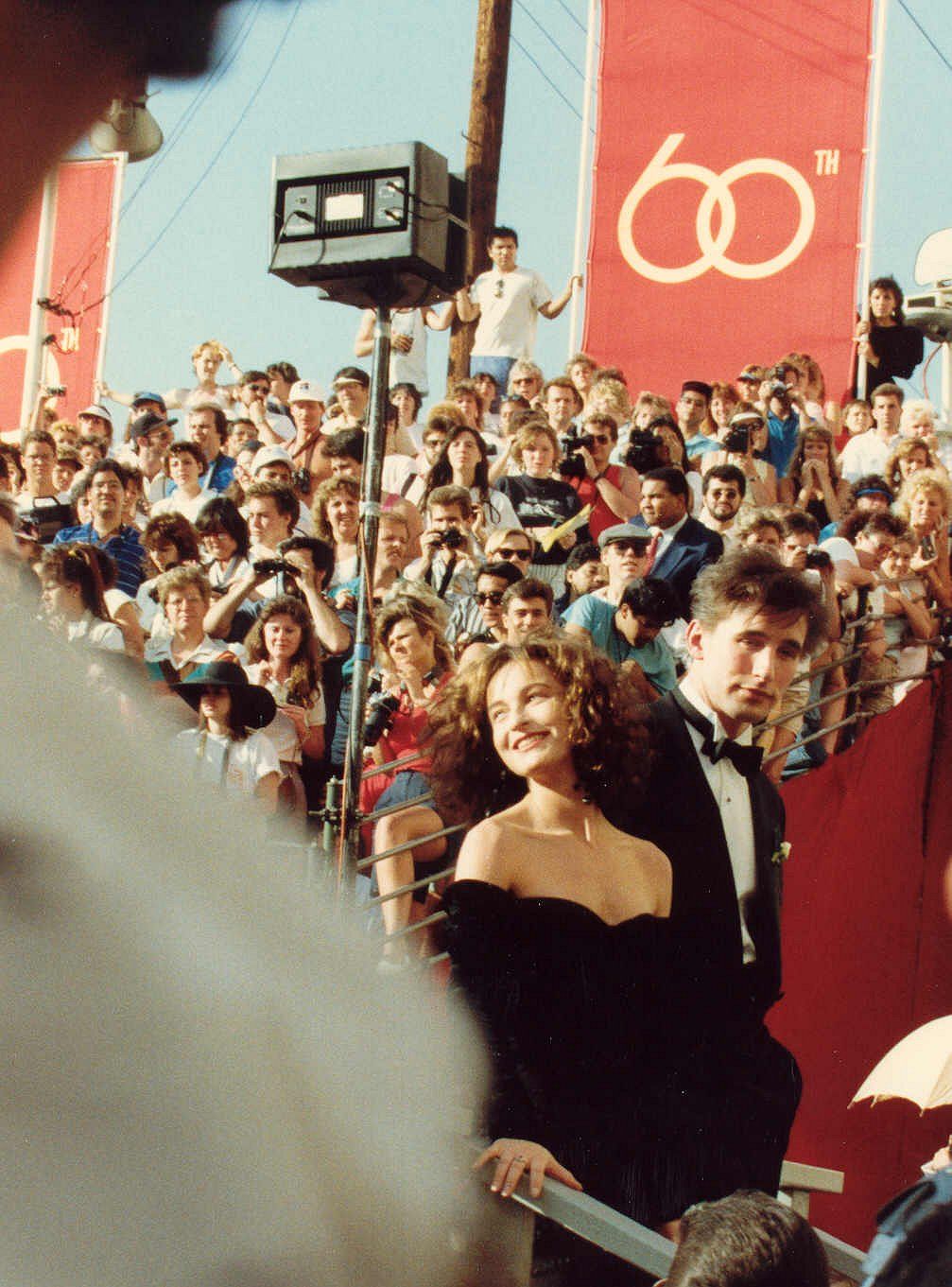
14. **Jennifer Grey in Wind**: In the wake of her iconic role in ‘Dirty Dancing’, Jennifer Grey appeared to have Hollywood firmly in the grip of her hand, poised for a glittering career. However, her career trajectory took an unexpected and deeply personal turn following an incident on the set of the 1992 yachting drama ‘Wind’. This experience ultimately convinced her to undergo a nose job, and as a consequence, her career was never quite the same.
As Grey recounted in her 2022 memoir, a pivotal moment occurred during the filming of ‘Wind’ when the movie’s cinematographer inquired about “a bump” on her nose. This remark was not an isolated one; it was the latest in a series of comments that eventually led her to decide to have her nose “fixed”. The outcome of the surgery, however, left her profoundly dismayed and disoriented. “The way the nose was positioned on my face was entirely wrong,” she wrote, adding, “This nose looked truncated. There was something off about the proportion. The placement.”
The transformation was so dramatic that her co – stars reportedly no longer recognized her, necessitating specific shooting techniques for the reshoots of ‘Wind’—which were ordered after her surgery—to conceal her altered facial feature. In the aftermath of this highly public and personally transformative event, she did not act in another studio film for a distressing eight years. “Overnight, I lost my identity and my career,” she penned in her book, concluding with a heartbreaking revelation: “That’s a lie. I banished myself.”
Read more about: Your Favorite Y2K Styles Are Back: How Gen Z Is Rocking the Early 2000s (and Why You’ll Love It Too)
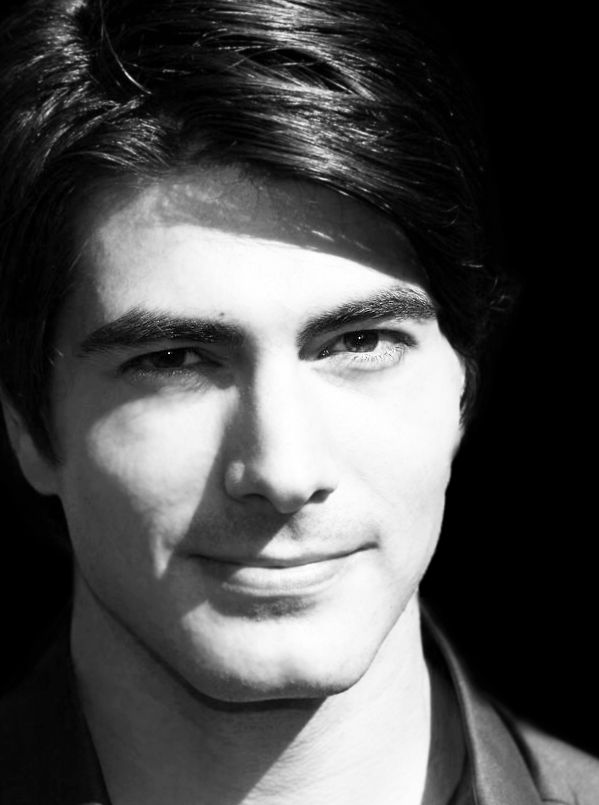
15. **Brandon Routh in Superman Returns**: Following the release of Bryan Singer’s ambitious Superman reboot, ‘Superman Returns’, in 2006, the actor Brandon Routh—who had been meticulously selected from thousands of auditionees to embody the iconic Man of Steel—never quite succeeded in building a consistent and thriving movie career thereafter. Despite assuming what should have been a definitive star – making role, his cinematic trajectory failed to take off in the manner typically expected after headlining such a major franchise.
Beyond minor supporting roles in films such as ‘Scott Pilgrim vs. the World’ and the comedy ‘Zack and Miri Make a Porno’, Routh largely shifted to television work. Surprisingly, his portrayal of Superman proved to be more of a hindrance than an asset to his career advancement. In 2020, he openly disclosed the struggles he encountered in the aftermath of the film, admitting, “Superman Returns did not pan out the way I thought it would or the way everyone around me thought it would.”
He reflected on the necessity of accepting the unexpected outcome, stating, “There was no sequel.” Despite the film being “widely well – reviewed” and grossing nearly $400 million worldwide, the financial success was apparently considered insufficient for a follow – up. Routh described the gradual realization of the film’s fate as a “very slow fizzle out over the possibility of a sequel over the next two or three years,” illustrating how even a beloved character and a successful film can fail to guarantee an actor’s long – term big – screen future.
Read more about: 16 Films That Proved Disastrous: From Career Setbacks to Moral Outrage
These narratives, spanning decades of Hollywood history, serve as potent reminders of the unpredictable and frequently unforgiving nature of the entertainment industry. While success may be ephemeral, and public perception an inscrutable force, the resilience, adaptability, and redirection demonstrated by these actors are highly telling. Their arduous journeys underscore the fact that a single role, whether a misstep or a misinterpretation, can profoundly reshape a career; yet, it often opens up new avenues, fosters personal growth, or leads to a profound understanding of one’s true vocation beyond the glare of the spotlight.

